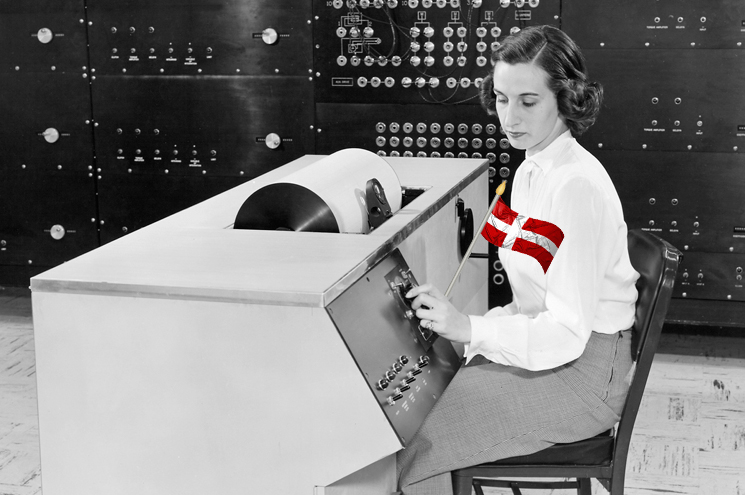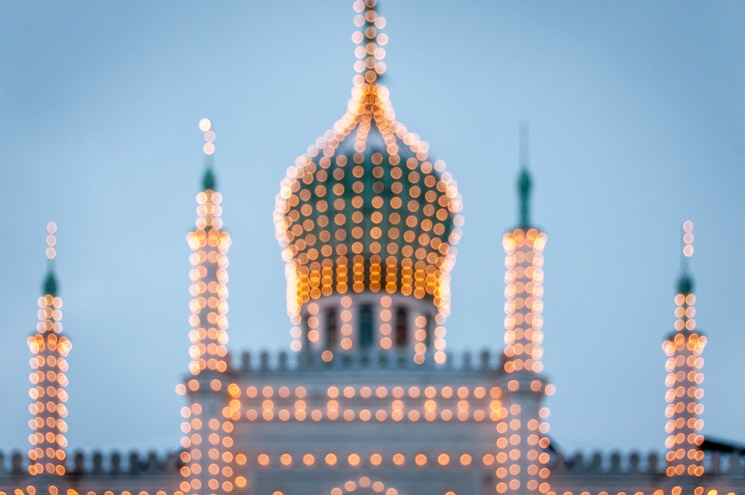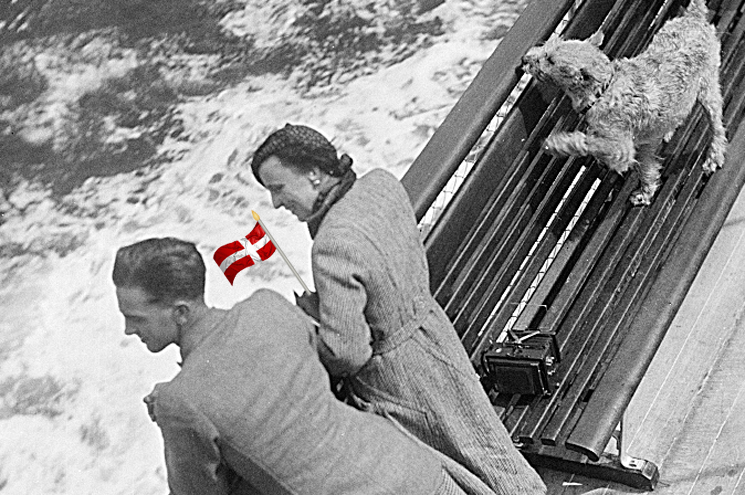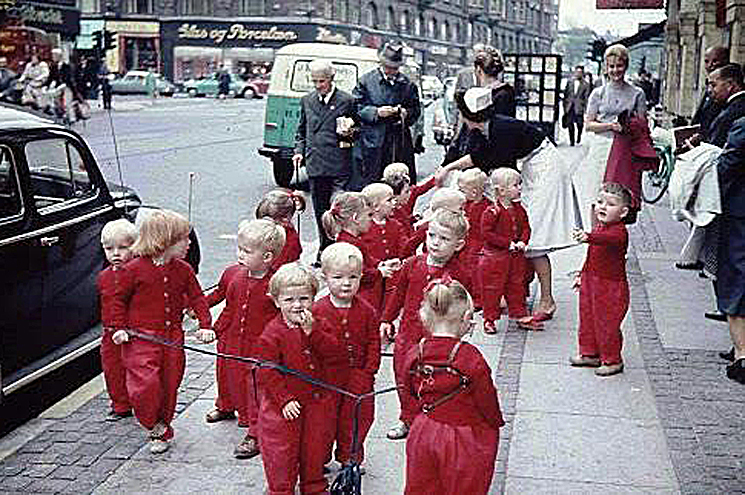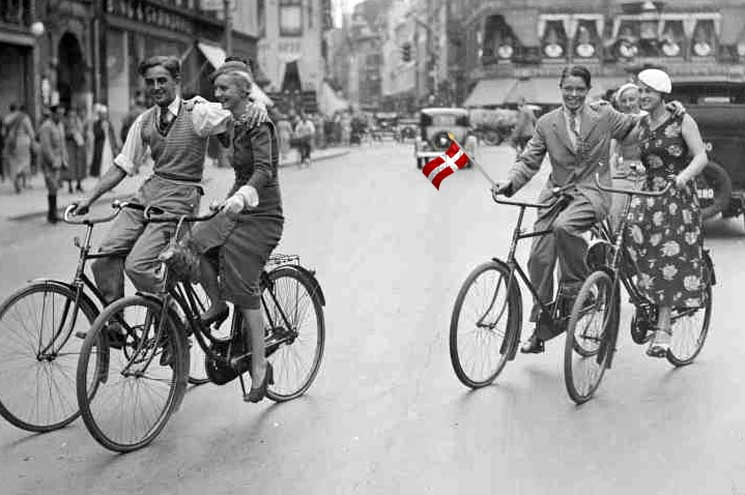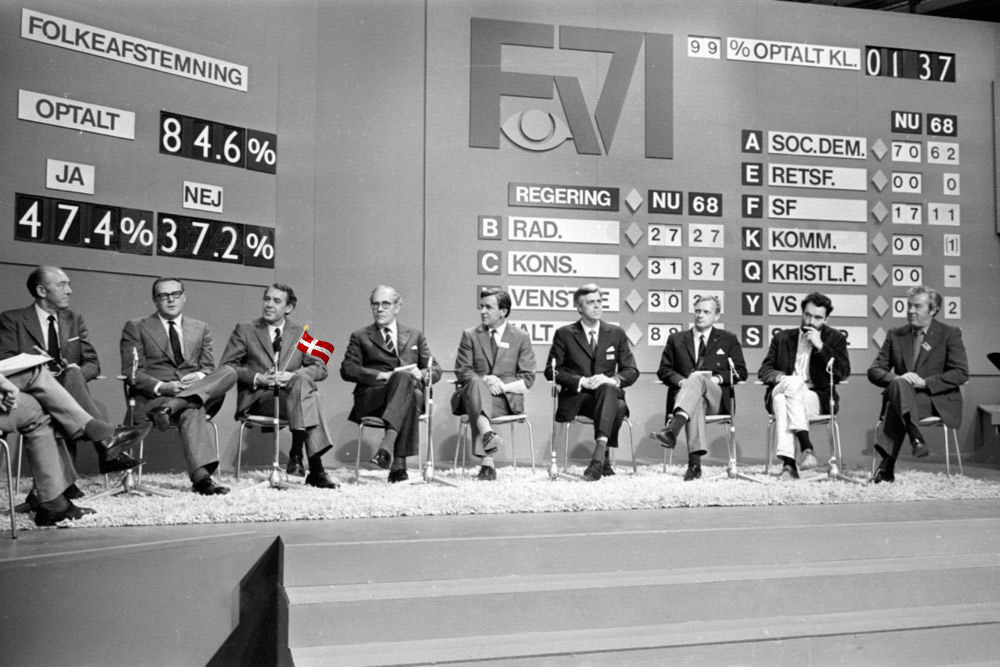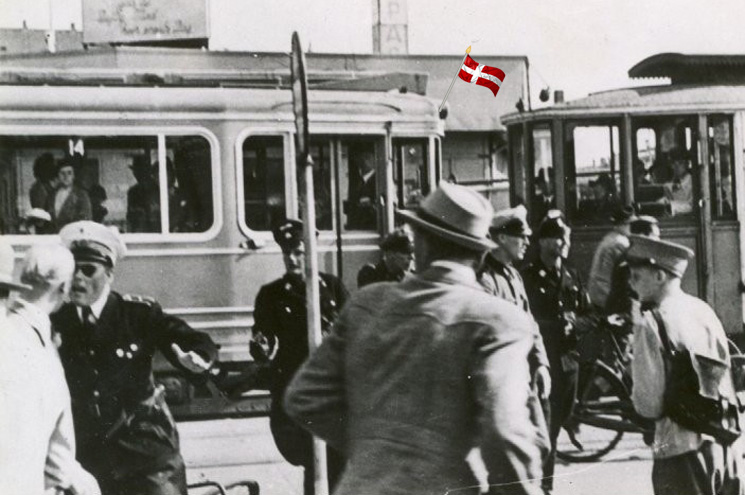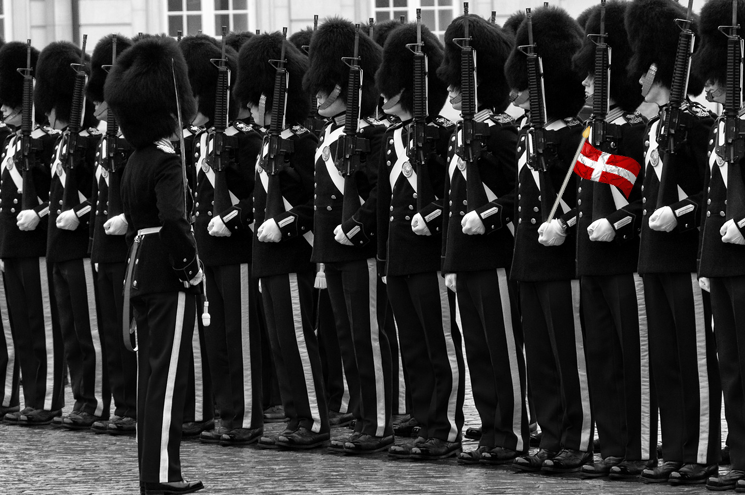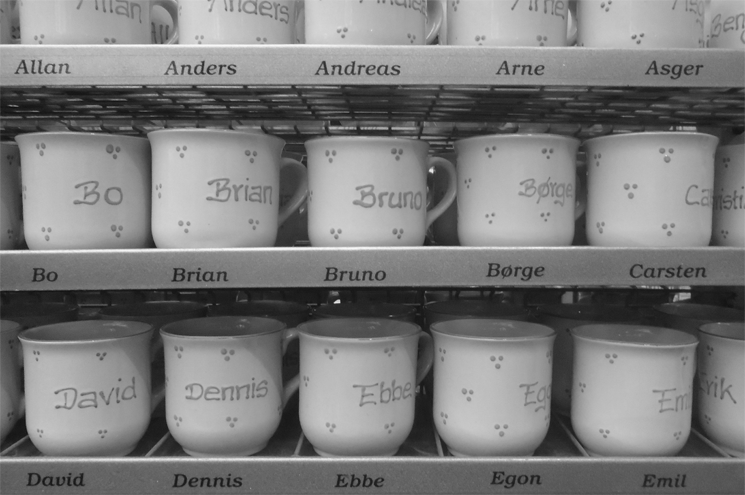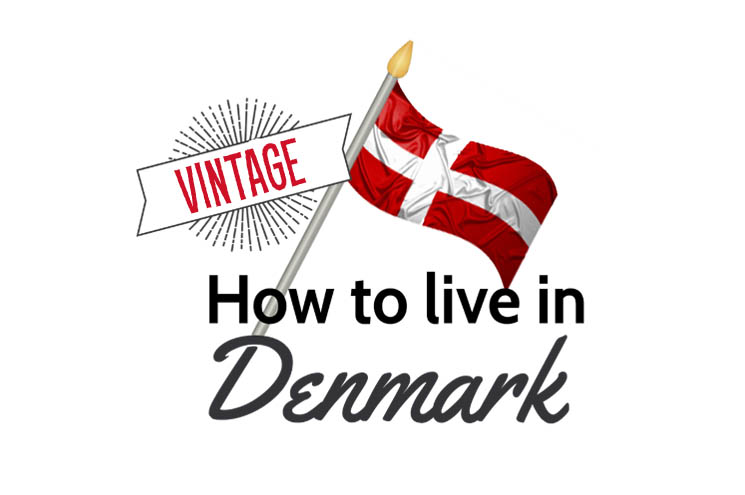I don’t ordinarily get my technology news from the local newspaper sold by the homeless in Denmark, but I did this week. First of all, I learned that you can pay your homeless newspaper seller by text message. If you don’t have loose change, as I often don’t, you can send a text to the newspaper seller’s registration number, along with the amount you want to give him, and the seller gets paid right away.
Secondly, I learned that some homeless people have iPhones. Not my particular seller, but another reader had written a letter to the editor of the newspaper saying he’d tried to buy a paper the previous week and his seller had been too wrapped up in his iPhone to pay attention to a potential customer. The letter writer was asking if it made sense to spend 20 kroner on a newspaper to help a man who had a phone that was worth at least 2000 kroner.
The newspaper had a good response. They said an iPhone was the perfect device for a homeless person. It allowed him to keep all the information he needed in one place – government documents, health records, family photos. And it was a way for him to get phone calls and emails related to housing or jobs. I thought that was a very sensible approach.
Danes have a very sensible approach to IT in general. As I’ve said on other podcasts, the Danes are very practical people, and they use IT for all manner of practical things. For example, there’s a new app you can get from your kommune that allows you to immediately report things that need repairing around town. You know, you come across a park bench that’s broken, and you just hit the app, send the GPS coordinates, and it’s immediately reported to the right person. How long it will take them to fix it is another question – it is the kommune after all – but at least it’s reported.

